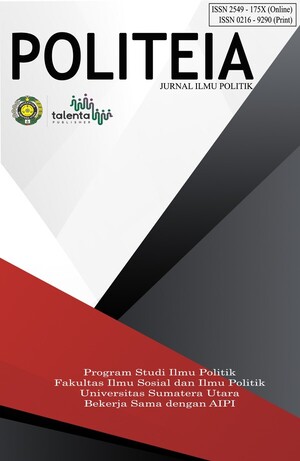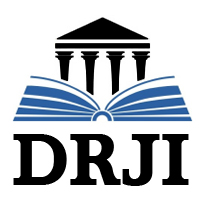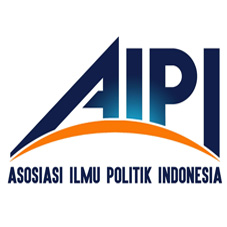Policy Politics and Human Rights: Study on the Implementation of Social Order Policy (Homeless and Beggar Free Zone) in Batam City Area
DOI:
https://doi.org/10.32734/politeia.v16i1.14415Keywords:
Implementation, Policy Politics, Encampments and BeggarsAbstract
Social Order Policy is designed by Batam City Government in Batam City Local Regulation No. 6 Year 2002. Through the implementation of this policy, which regulates that Batam City is a city that prohibits begging or vagrancy, which can disturb social order in green lanes and public places such as roads, restaurants, tourist attractions, and others. This research aims to find out and describe the Implementation of Social Order Policy (Free Area for Beggars and Vagrants) in Batam City. The type of research used by researchers is descriptive using a qualitative approach. Data collection techniques in this research were conducted by interview, observation, and documentation techniques. The data obtained was analysed using indicators of Policy Implementation theory according to Edward III which includes disposition, bureaucratic structure, resources, and communication. And analysed using political perspectives and human rights.
This research found that the Implementation of Social Order Policy (Free Area for Homeless and Beggars) in Batam City has been running, but the implementation has not been done optimally. Various efforts have been made by the Social and Empowerment Agency of Batam City in handling the problem of beggars and vagrants, namely by conducting outreach efforts, then providing guidance and training for beggars and vagrants. Then also to support the process of implementing this policy, an outreach team / Quick Reaction Team (TRC) was formed, then a rehabilitation building was built UPTD P2PMKS Nilam Suri. However, there are also inhibiting factors, namely the commitment and consistency of the outreach officers are still considered lacking, then the training and guidance conducted at UPTD Nilam Suri has not been able to fully benefit the beggars and vagrants. In addition, the government, which is fully responsible for the rights of beggars and homeless people, is not fully able to fulfil and overcome the existing problems.
Downloads
Downloads
Published
Issue
Section
License
Copyright (c) 2024 Politeia: Jurnal Ilmu Politik

This work is licensed under a Creative Commons Attribution-ShareAlike 4.0 International License.














